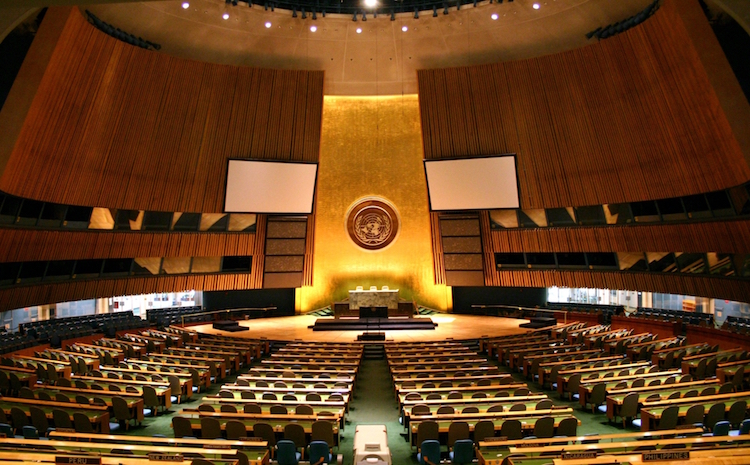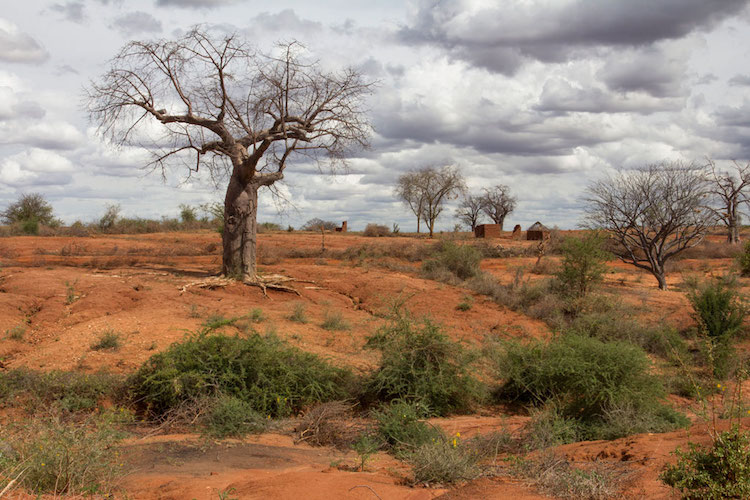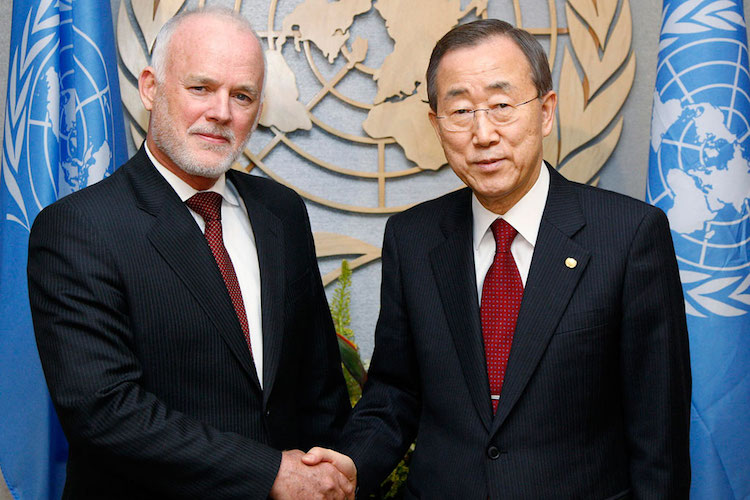Analysis by J Nastranis
NEW YORK (IDN) – The United Nations has been spending billions on assisting in navigating the difficult path from conflict to peace in different parts of the world. But with little or no success on the whole, as senior officials of the world body admit.
“Success is never guaranteed, because UN Peacekeeping almost by definition goes to the most physically and politically difficult environments. However, we have built up a demonstrable record of success over our 60 years of existence, including winning the Nobel Peace Prize,” says United Nations Peacekeeping.










